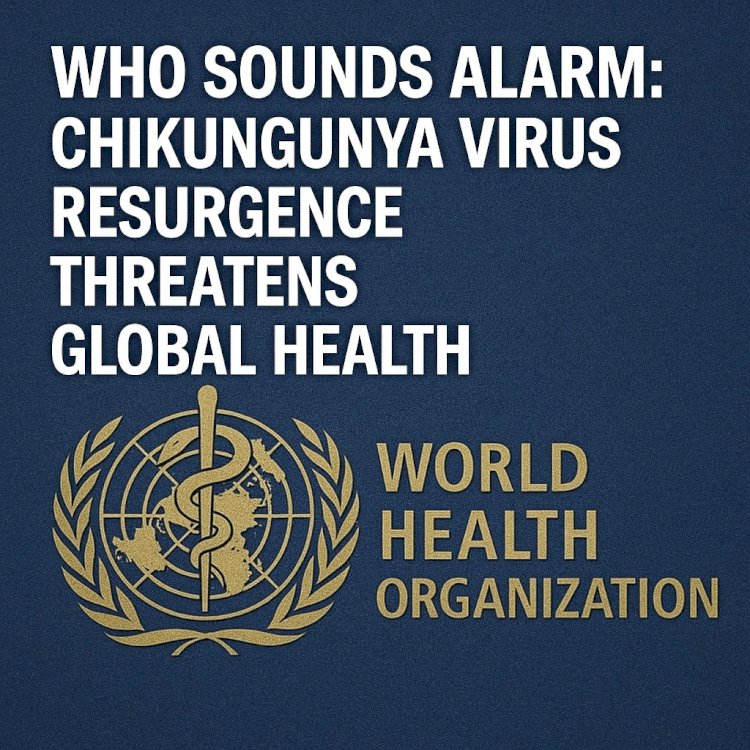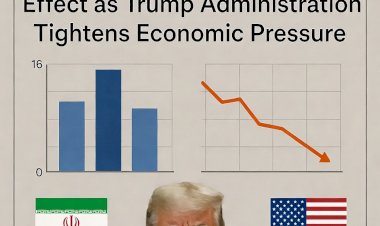Urgent Warning: WHO Flags Chikungunya Virus Making a Strong Comeback

July 23, 2025
The World Health Organization (WHO) has raised urgent concerns over the rapid resurgence of the chikungunya virus, a mosquito-borne disease that is spreading across multiple continents and threatening global health.
The Return of Chikungunya: A Growing Threat
Starting early this year, chikungunya outbreaks have been reported across various regions including islands in the Indian Ocean such as La Réunion, Mayotte, and Mauritius, along with parts of Africa, Southeast Asia, and Europe. Countries like France have seen hundreds of imported cases and several instances of local transmission, while Italy is also reporting new infections, signaling a worrying expansion of the virus’s footprint.
What is Chikungunya? Symptoms to Watch For
The virus spreads through bites from infected Aedes mosquitoes, mainly Aedes aegypti and Aedes albopictus. After an incubation period of 2 to 12 days, symptoms typically appear and include high fever, severe joint and muscle pain, headaches, fatigue, nausea, and sometimes rash. Although rarely fatal, chikungunya can cause long-lasting joint pain that significantly impacts quality of life.
Who’s at Risk?
WHO estimates that around 5.6 billion people across 119 countries remain at risk for chikungunya infection. Older adults, infants, and those with pre-existing health conditions face a higher risk of severe illness and complications.
Fighting Back: Prevention is Key
No specific antiviral treatment exists for chikungunya, so symptom relief and prevention are critical. Experts urge people to protect themselves by using insect repellents, wearing protective clothing, and eliminating standing water to reduce mosquito breeding grounds.
Vaccine Efforts Hit Some Roadblocks
In response to rising cases, vaccine development has accelerated, with two vaccines, Ixchiq and Vimkunya, gaining approval. However, both vaccines are currently on temporary hold for use in older populations due to concerns about side effects including neurological and cardiac problems.
A Coordinated Global Response
The WHO is coordinating with countries worldwide to enhance disease monitoring, ramp up mosquito control efforts, and educate the public on how to stay safe. International collaboration is seen as vital to prevent chikungunya from becoming an even larger health crisis.

 content-team
content-team 


















